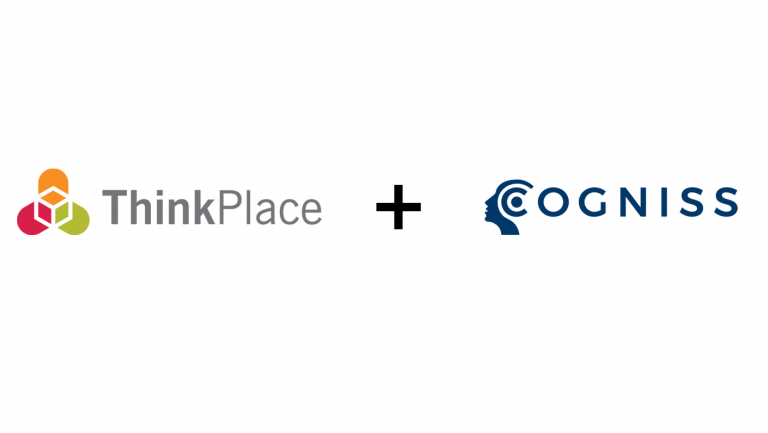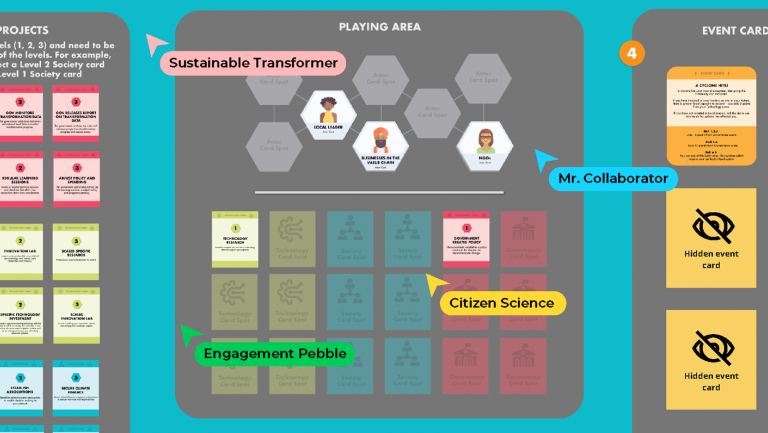Sign up for our monthly newsletter

Towards a new approach for tackling family violence...
The words used by the Department of the Prime Minster and Cabinet to describe the nature of the problem say so much.
“The prevalence of domestic and family violence and sexual assault in Australia is alarmingly high,” the department’s website says.
“The National Plan recognizes that violence against women and their children is a complex problem that requires a long-term plan for action.”
Tackling complex problems is what we do at ThinkPlace. And few if any mean as much to us as this one: paving the way for a future Australia in which women and their children live safe from the threat of family violence.
Which is why our all-female team of expert design thinkers was honoured to play a key role at a national summit to create a new Action Plan for a future Australia that is free from family and sexual violence.
A team of eight ThinkPlace designers was invited to Adelaide to facilitate the COAG National Summit on Reducing Violence Against Women and their Children – a coming together of more than 120 expert advocates, stakeholder groups and key political leaders.
All of those present shared a sense of urgency. A sense that new thinking was required to tackle family and sexual violence – one of Australia’s most pressing complex problems.
And a commitment to spend time, exchange ideas and look for ways to collaborate towards lasting, positive change.
The summit was convened to inform the Fourth Action Plan – a document that will guide Australia’s approach to family and sexual violence through the period 2019-2022.
The outcome could scarcely be more important.

ThinkPlace led the large-scale national consultation that led up to the event, interviewing and meeting with more than 700 people around Australia to build a picture of the current family safety system and the future needs of its users. Our consultations involved speaking with more than 400 different organisations.
As facilitators of the two-day summit we ran multiple breakout groups at a time, helping to stir and steer discussion and condensing the large number of ideas and reflections that emerged into useable insights that could be fed back to summit participants.
Our design team moved from room to room, unlocking innovative ideas and shared experiences from an inspiring collection of experts and willing changemakers.
In between sessions we quickly digested and distilled the generative thinking that our facilitators had helped to provoke. The work was intellectually demanding but the rewards were clear and almost instantaneous: seeing the priorities for a new approach begin to take shape and witnessing the excitement that came from a process that was inclusive, human-centred and very-much focused on delivering outcomes.
This work and the many projects that preceded it have allowed ThinkPlace to build a strong position as a broker with unparalleled vision and visibility across the family safety system. As a design team, we know who the key actors are and what they hope to achieve. We understand the blockers to easily achieving those changes and we see the connections, collaborations and emergent possibilities that will ultimately make that journey possible.
Across many projects in recent years, family violence prevention has become a real area of focus and expertise for our global design network. Amongst other projects, our work collaborating with the ACT Government to map the system there and create a new Family Safety Hub of connected services and resources has been hailed by the sector as a breakthrough that is changing the approach to tackling family violence.
Our group of eight ThinkPlacers at the summit was all female. It gave us an energy and a visibility that really suited the challenge. We collaborated easily together. We worked respectfully and with shared passion for the importance of what we were doing.
Being at the centre of a summit like this helped us understand in even more detail how the system works. At ThinkPlace we always tell clients that we work on complex problems and that such problems exist in complex systems. Often, we begin our work by mapping those systems, understanding the different actors, motivations and tensions that are operating.
What better opportunity to understand a system than to throw yourself into a scaled-down version of it, with people and groups from across the family violence sector all sharing and talking together in one place?
It also gave us a sense of the level of shared commitment. A level that was utterly inspiring.
"Unless and until we work together to really deliver on practical and specific outcomes, we won’t get the change in reducing violence,” Federal Minister for Women Kelly O’Dwyer told the summit. “I'm positive we can get there from the conversations I have heard in this room."
Amongst our team there was also an excitement that came from the realisation that our unique approach is needed and adds value.
We saw the intersection of so many voices, viewpoints and needs. A truly complex system. We ran sessions with LGTBIQ people, with remote and regional women, women living with disability and many other groups. In this environment it was clear that a collaborative design process and a human-centred approach is desperately needed to not only understand the system but – even more importantly – to shift the needle in this area.
A lot of the conversations around family violence have been going on for a long time. Without some new ways of doing things we won’t see real change. At ThinkPlace we’ve spent so much time talking with different people and groups around family violence, we believe we can help the sector press forward in search of new approaches.
Plenty of outputs will flow from these two days and be announced in due course. But we saw an emerging focus on some themes that will no doubt be important in the forthcoming action plan.
These included preventing violence before it happens, better understanding and engaging with perpetrators, ensuring better capabilities for workplaces to respond to family violence incidents and a safety-first approach that puts the immediate physical safety of women and their children front and centre.
These two days and the weeks of preparation that preceded them were a hugely-rewarding experience for ThinkPlace – one that will continue to shape our work in a family safety area that has long been a huge priority for our company and its people.
Want to help us change the world? Join our online community: CIPI








